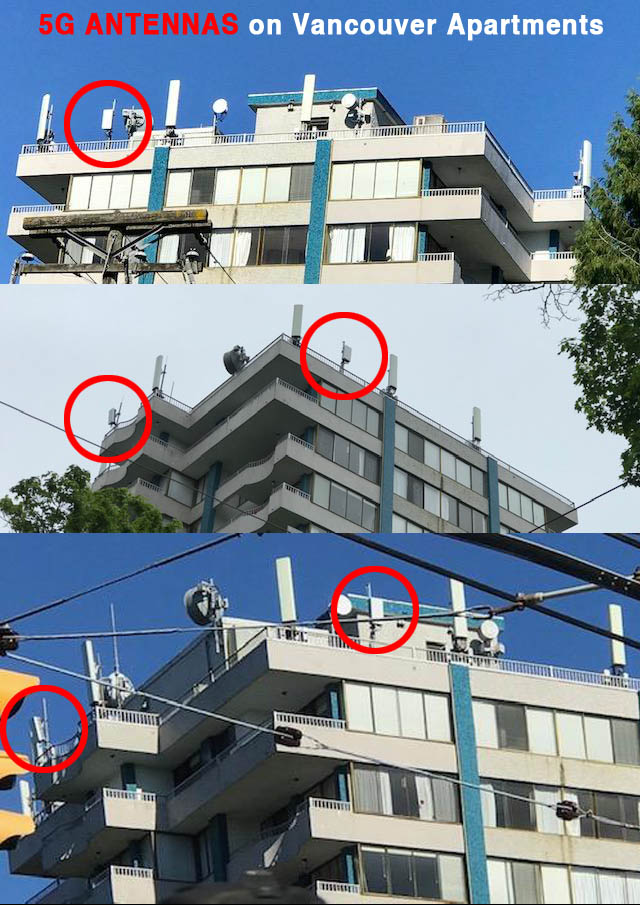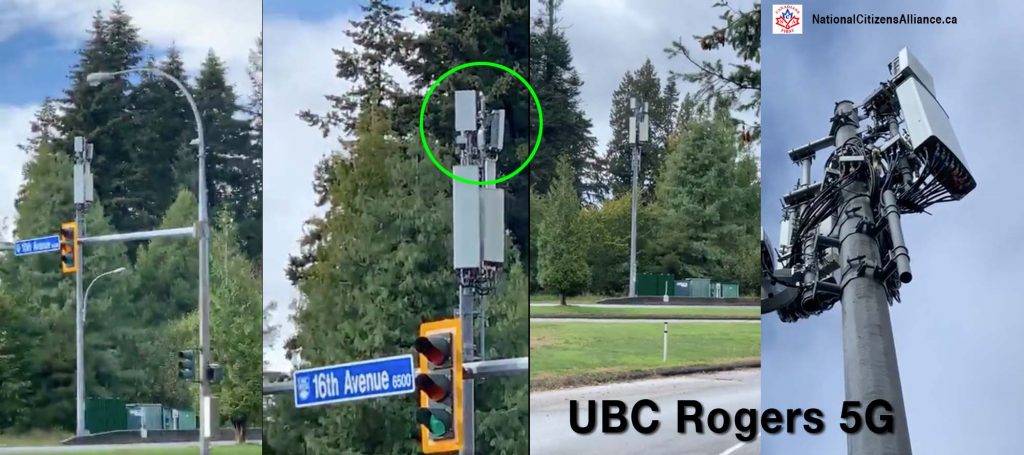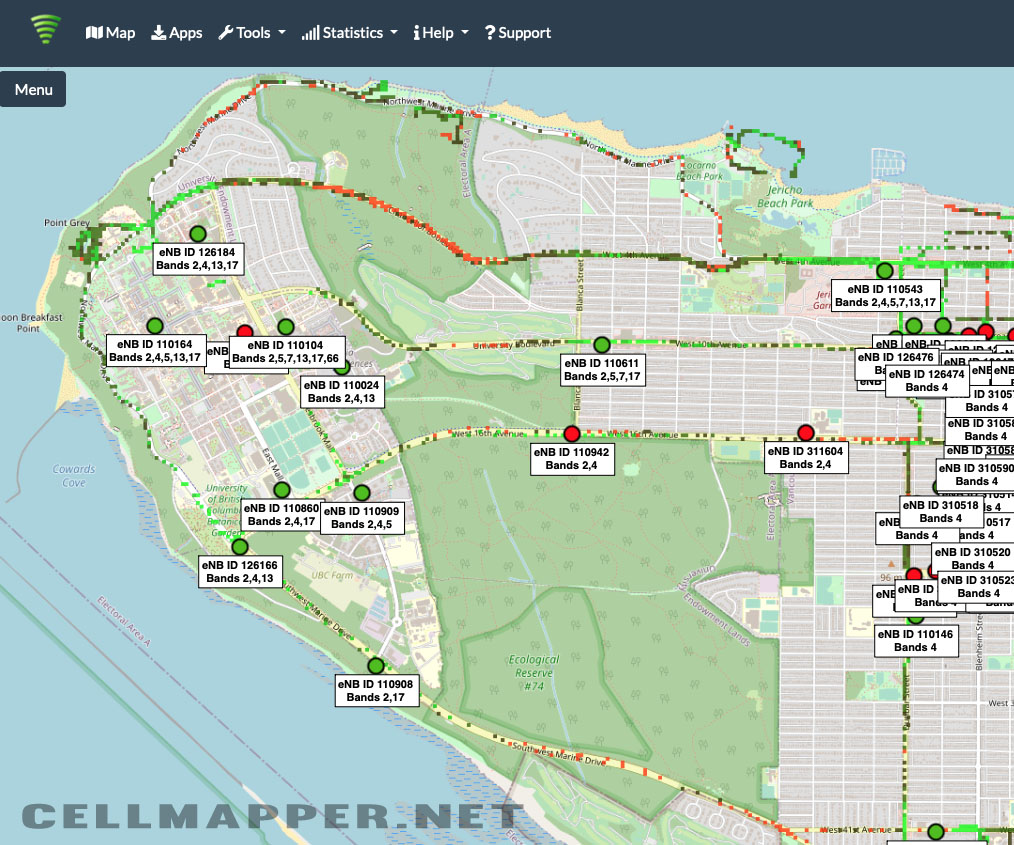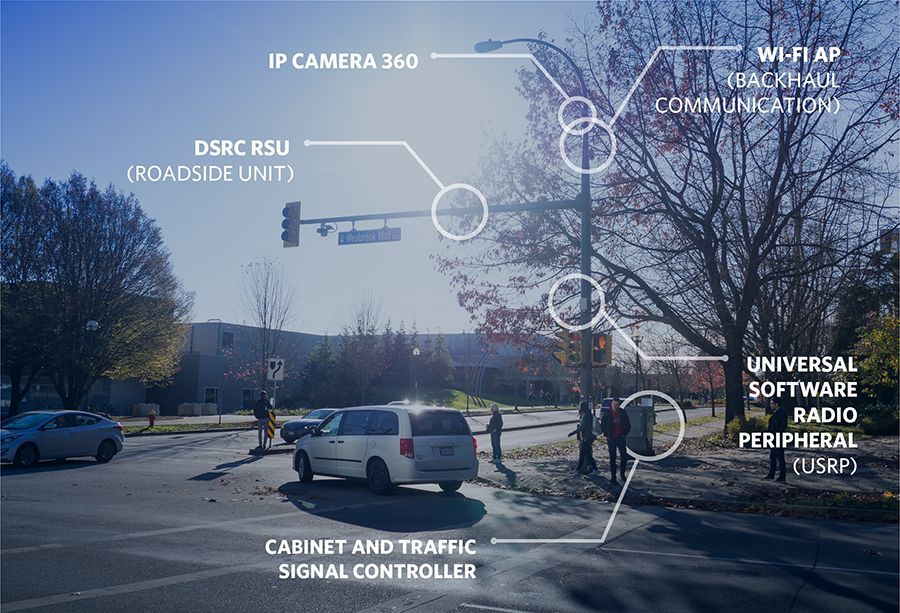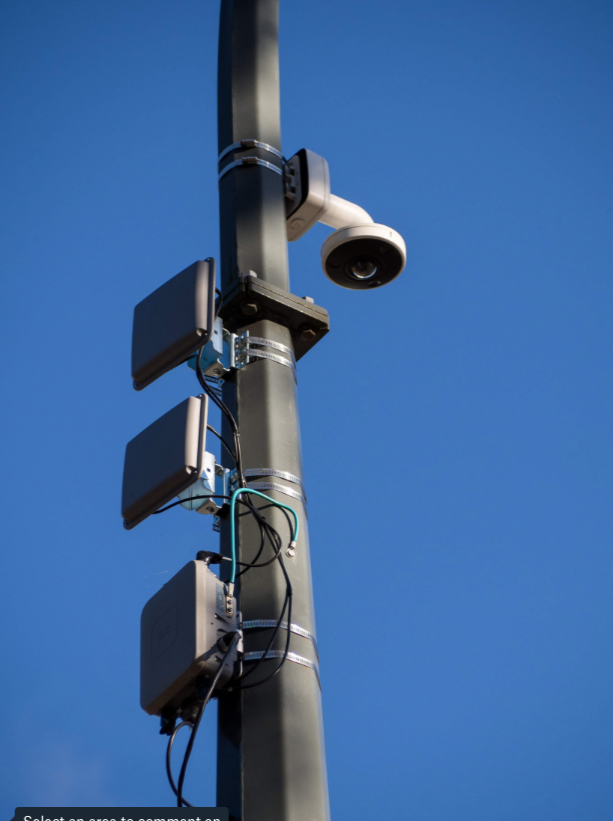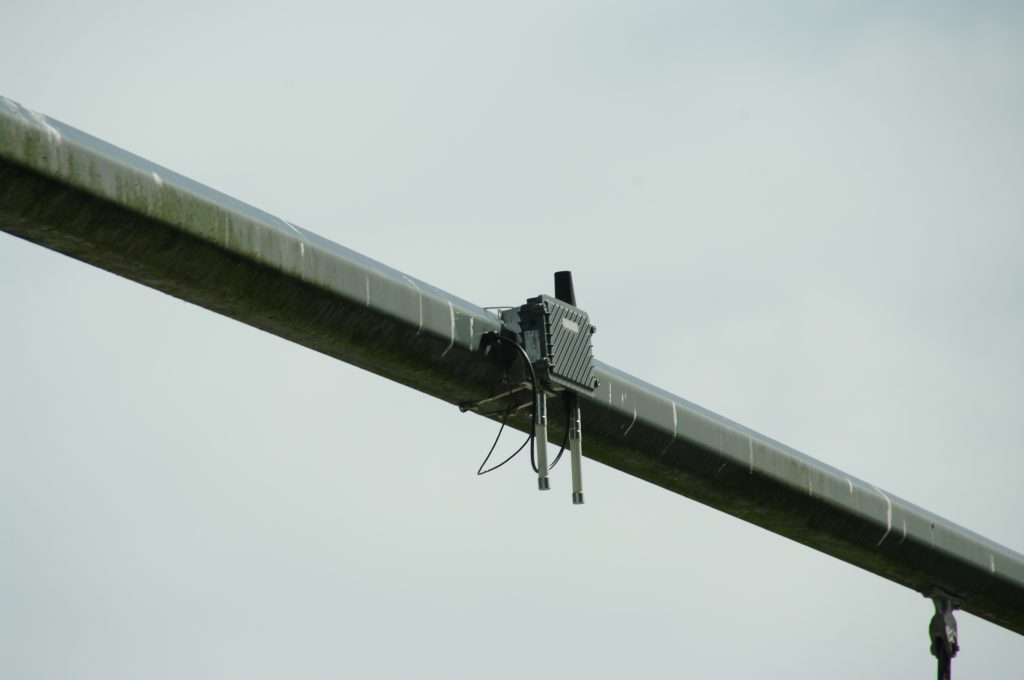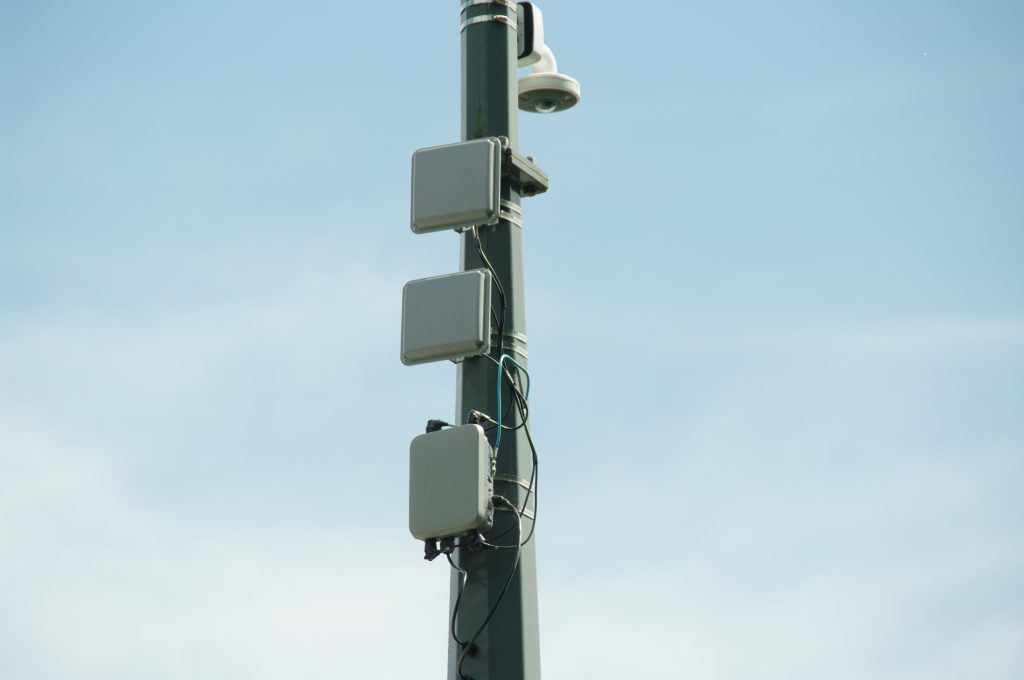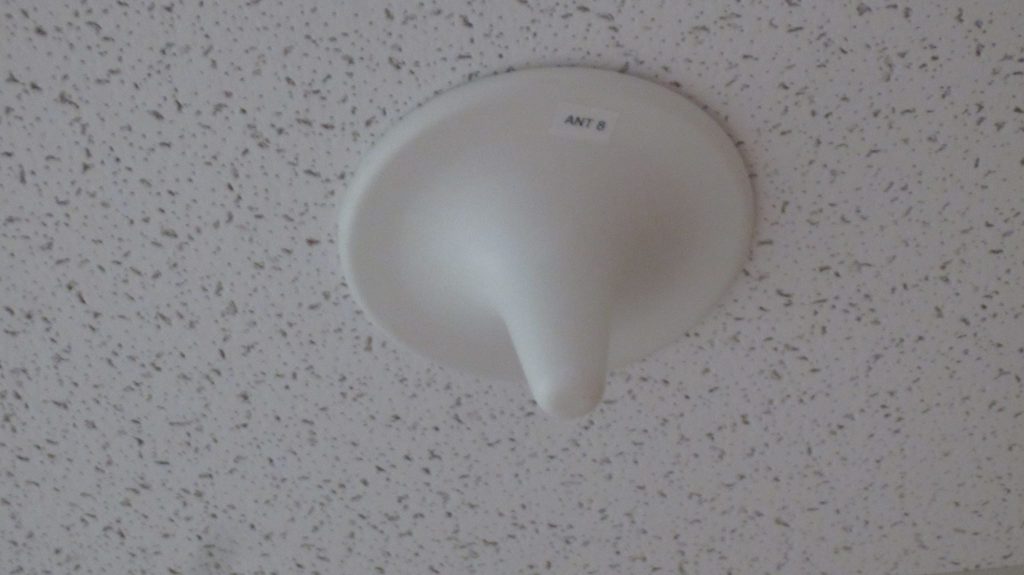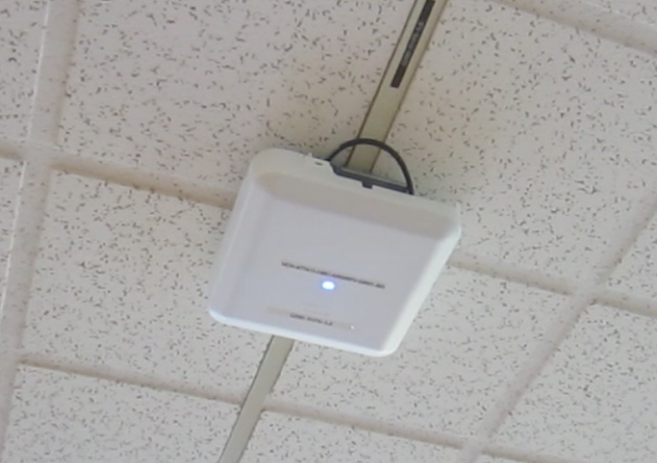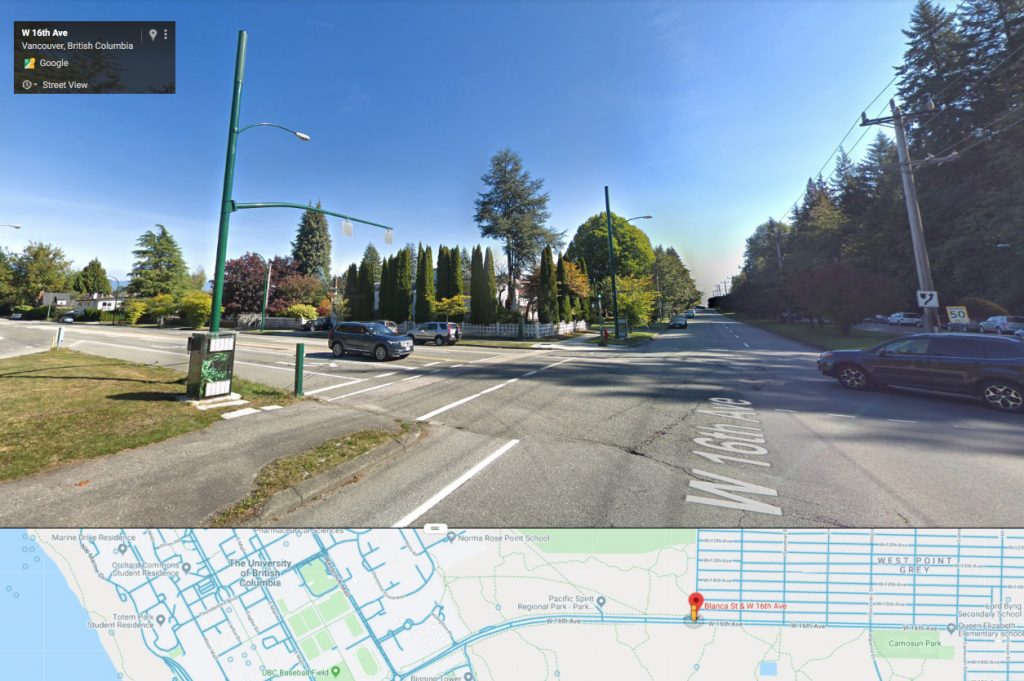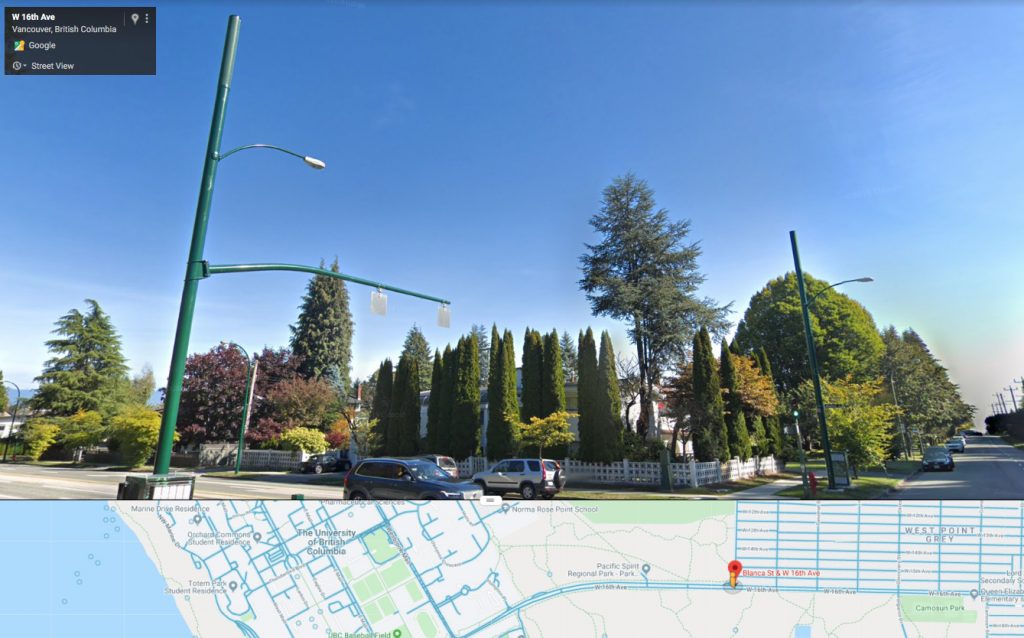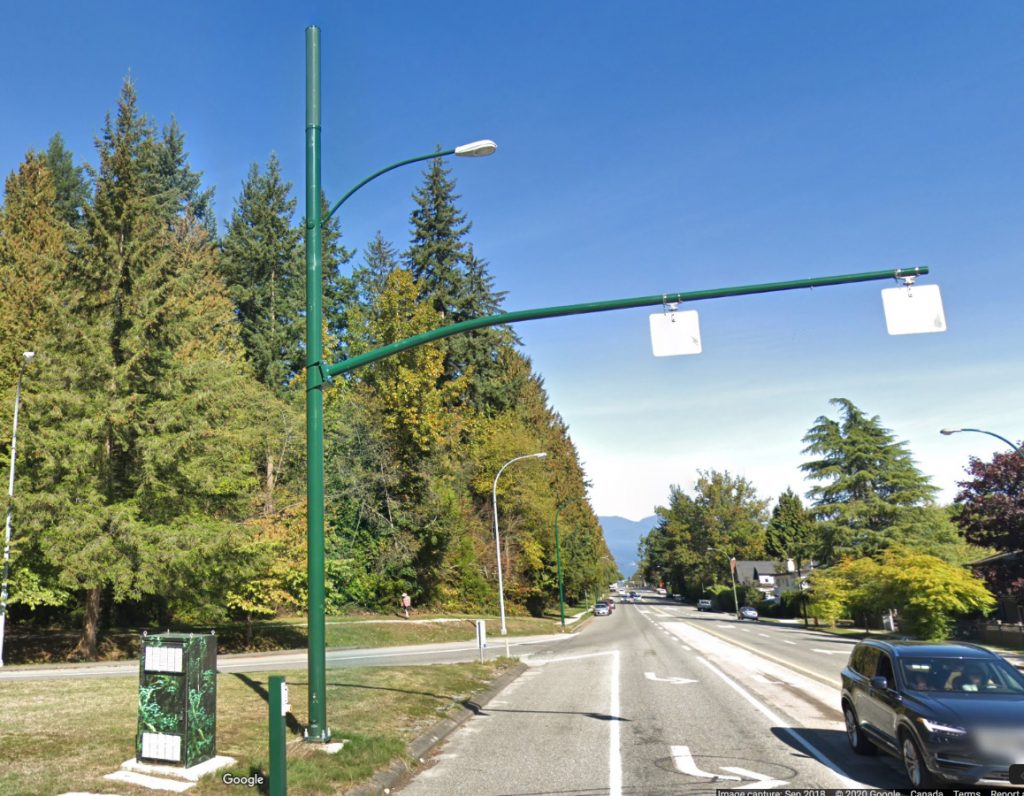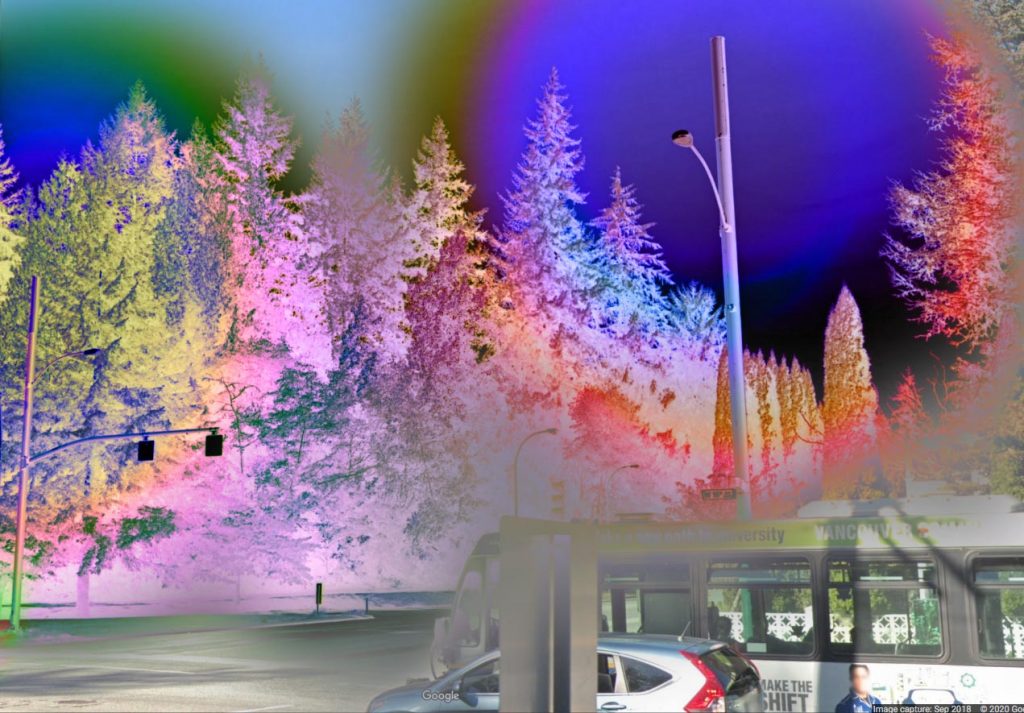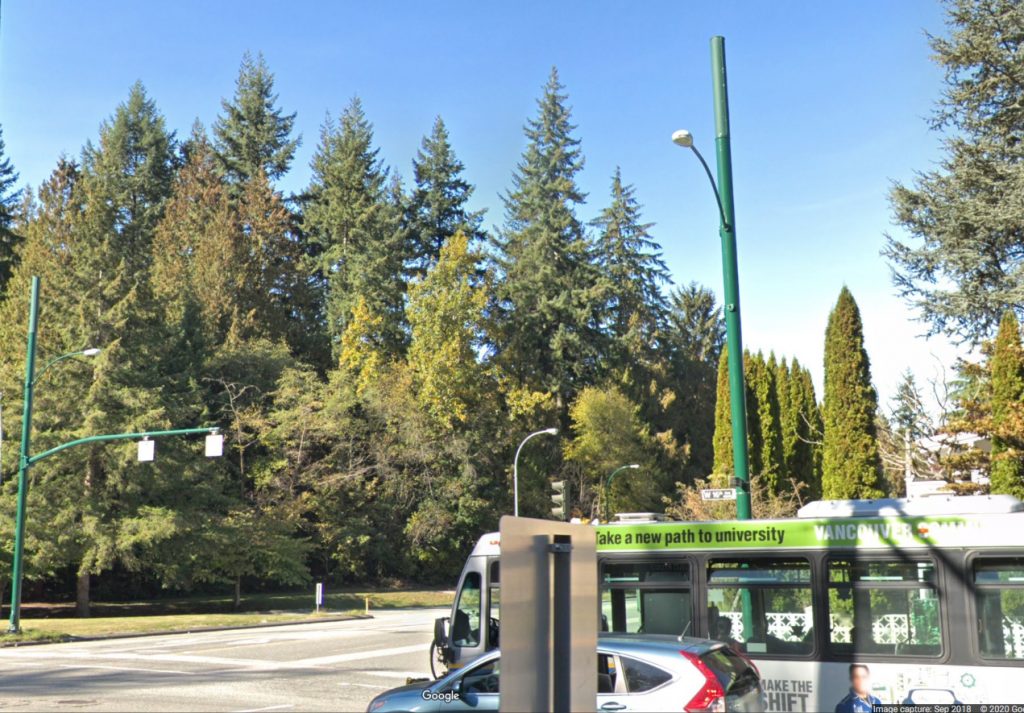Rogers switches on 5G infrastructure at UBC
With the launch, the university is one step closer to becoming a 5G smart campus, with new opportunities in different research areas.
“This is a new collaboration between academia and industry with great potential to advance research for local and global growth,” said VP Research and Innovation Dr. Gail Murphy in a statement to The Ubyssey. “We’re pretty excited to see what it brings.”
The launch is the latest development in the telecom company’s multi-million dollar partnership with UBC to research 5G network technology.
Rogers has installed new network towers across campus and a 5G data centre.
“Our work with UBC is helping design and test Canada’s 5G blueprint and today’s announcement is a critical milestone as we prepare our national network for commercial deployment in 2020,” said Rogers Chief Technology Officer Jorge Fernandes in a press release.
While UBC established a three-year $3 million research partnership with Huawei in 2017 to work on other 5G projects, Rogers has teamed up with Swedish telecom company Ericsson for its 5G execution.
UBC’s smart campus is part of the lead up to Rogers’ commercial deployment of 5G, which is slated for 2020.
The newest generation of wireless telecom infrastructure, 5G has drawn concern for unclear privacy implications. According to Caitlin Lemiski, director of policy at the Office of the Information and Privacy Commissioner for BC, infrastructure ownership could dictate where data protection responsibilities lie.
“If that was … under the legal control of UBC … then there would be obligations on UBC to protect that information,” she said.
Regardless, she said it may be difficult to protect what passes through the network.
“There’s this ongoing issue about, well, how can we take the … reasonable security measures? How do you reconcile that when you can’t control what people might be messaging each other, emailing each other over the network?”
While the 5G network is not yet intended for consumer use, the infrastructure at UBC will be used for research in digital mining, early earthquake detection and transportation with mobility as a service. Researchers involved with these projects were unavailable for comment.
“The 5G network is being used at Point Grey to allow UBC researchers to look into future uses of 5G,” said Murphy. “They will be focusing on projects that make use of the technology, in order to explore potential uses and boundaries.”
Murphy added that the new technology provided a learning opportunity for students. In October, Rogers hosted a 5G hackathon where students worked on virtual reality gaming projects incorporating the new technology.
“Ultimately, having the 5G network means students will learn skills through the research — equipping them for the job market of tomorrow,” she said.
https://www.ubyssey.ca/news/Rogers-UBC-5G-smart-campus-project-launches/

It inked a three-year, multi-million-dollar partnership with the University of British Columbia to build a 5G hub at its Vancouver campus.
https://business.financialpost.com/telecom/network-challenges-loom-large-for-telecoms-4g-on-steroids
Rogers, UBC partner to build 5G innovation hub on campus
The telecommunications company says it will deploy 5G-ready network equipment on the campus early next year.
The wireless technology is up to 100 times faster than the current 4G system and promises better internet on smartphones well as potential new applications.
The company and university will study 5G applications that do things like monitor cars and traffic among other research interests. The partnership will last three years.
The company’s chief technology officer, Jorge Fernandes, says in a statement that the company and the university can co-develop applications that will make cities smarter, cleaner and safer.
He says 5G will open a whole new world of opportunities for Canadians and business.
The Canadian Press
https://ca.finance.yahoo.com/news/rogers-communications-ubc-partner-build-181011245.html
Rogers and UBC ink multi-year agreement to build 5G Hub in Vancouver
Partnership will deliver made-in-Canada 5G technology
Will develop 5G applications to help consumers, businesses and governments save time, money and lives
VANCOUVER, B.C. (September 20, 2018)
Rogers and the University of British Columbia (UBC) today announced a three year, multi-million dollar partnership deal to build a real-world 5G Hub on the UBC campus that will be a testbed and blueprint for 5G innovation in Canada.
Rogers will deploy 5G-ready network equipment and infrastructure at UBC starting in early 2019. The partnership will study 5G applications such as monitoring cars and traffic to develop smarter and safer cities. Other research interests include autonomous vehicles, machine learning, artificial intelligence and network slicing technology for use in robotics, farming and medical applications. The partnership will also develop skills in computer science, applied mathematics, machine learning and software development.
“5G represents a massive technological transformation that will connect everything in our world from people and machines, to homes and cities. The global race to unlock its potential is underway,” said Joe Natale, President and CEO, Rogers Communications. “Our partnership with UBC will ensure we bring our country and Canadians the very best 5G has to offer.”
Experts predict 5G can connect 500 times the number of devices versus 4G, estimating one million connected devices for every square city kilometer. These devices will help parents arrive home faster for dinner by re-routing traffic, provide farmers with real-time data to save crops during droughts, and assist governments to manage natural disasters saving lives and businesses.
“UBC has significant expertise in leveraging its own infrastructure to create a unique ‘living lab’ environment that fosters creative problem-solving in a real-world setting,” said Professor Santa Ono, UBC President and Vice-Chancellor. “This partnership with Rogers opens exciting research and learning opportunities for our faculty and students in wireless technology. It is a great example of how universities and industry can work together to develop new knowledge and provide our students with the skills that are vital in building the digital economy.”
“It’s very exciting that two Canadian institutions – Rogers Communications and the University of British Columbia – are working together to develop 5G that will be uniquely Canadian, with applications that will benefit both people and business,” said Minister of Citizens’ Services Jinny Sims. “This hub will help ensure we remain leaders in tech here in B.C., and can fully participate in the digital economy.”
“Similar to how 4G brought us faster speeds and the on-demand economy, 5G will bring us the real-time economy with low latency and high capacity – two defining characteristics of 5G that will open up a whole new world of opportunities for Canadians and business. Today is about continuing to build the ecosystem with the right partners, spectrum, infrastructure and investments to make 5G a reality,” adds Jorge Fernandes, Chief Technology Officer, Rogers Communications. “UBC is the ideal 5G partner with world renowned researchers and facilities where we can co-develop applications that will make our cities smarter, cleaner and safer.”
This partnership is part of Rogers multi-year program to bring 5G to Canadians and to drive Canada’s economic growth. The company announced a national infrastructure agreement with Ericsson, the 5G North American partner of choice, to boost and densify its fibre-powered network with 5G-ready technology. Earlier this year Rogers completed live 5G testing at Rogers Centre and is currently testing 5G global standards. Rogers also continues to upgrade its 4.5G network with the latest 5G-ready technology to be ready for 5G commercial deployment in 2020.
Today’s announcement builds on Rogers commitment to B.C. Last year the company invested over $4 million in local community initiatives, and employed over 1,600 Canadians in the province. Rogers continues to enhance its wireless network for customers in B.C., most recently in Qualicum Beach, Tsawwassen Mills, Abbotsford, across Vancouver Island, Kelowna and across the SkyTrain.
https://about.rogers.com/2018/09/20/rogers-ubc-ink-multi-year-agreement-build-5g-hub-vancouver/
5G-powered ‘smart campus’ launched at UBC to boost research into uses for ultra-high-speed wireless
Researchers can now test applications in real time, ahead of Rogers’ national network rollout next year

Rogers Communications and the University of British Columbia (UBC) have fired up what is believed to be Canada’s first 5G-powered smart campus.
A company statement said the launch allows university researchers to test real-time 5G applications as Rogers prepares to unveil a national network of the ultra high-speed 5G mobile wireless system next year.
The system is the fifth generation of mobile wireless, offering speeds of up to 100 gigabits per second — making it about 100 times faster than current 4G technology.
It also has the potential for nearly instantaneous links between devices and cellphone towers.
The university’s Point Grey smart campus includes several 5G towers and a computing and data storage facility similar to the cloud, but it saves time and bandwidth because it’s closer to where it’s required.
Earthquake, tsunami detection
The smart campus initiative is part of a multimillion-dollar partnership with Rogers aimed at funding academic research in 5G applications and applied sciences.
The statement Tuesday said several research projects are underway using the campus’s 5G network, including development of earthquake and tsunami detection technology that takes advantage of the one- to two-millisecond connection time between transmitters and devices.
Bruce Ralston, B.C.’s minister of jobs, trade and technology, said the launch of the smart campus demonstrates the government’s commitment to strengthening the tech and innovation sector and supporting training needs.
“5G brings enormous opportunity for our province and the students who experience this hands-on training,” he said in the statement.
“We are excited to see what applications they develop during their time at UBC.”
What is 5G?
In the simplest terms, 5G stands for the fifth generation of wireless technology. According to the government’s Communications Research Centre (CRC), the first generation — 1G — was introduced in the 1980s with wireless phones that had almost no ability to transmit data.
The CRC says 5G “will be a game changer in wireless telecommunications, ushering in a network for future generations with more devices, faster communication, and higher speeds.”

While many wireless carriers will be part of Canada’s 5G network, the infrastructure itself will likely be built by a small handful of global players. Nokia, Ericsson and Huawei are the leading firms in the field.
The Rogers statement said the company has partnered with Ericsson.
Rogers said it’s continuing to test 5G in Montreal, Ottawa, Toronto and Vancouver, while also upgrading its national 4.5G network with 5G-ready technology.
Huawei, the world’s biggest maker of telecom network gear, has been at the centre of a furious geopolitical battle between the U.S. and China. The U.S. government has been lobbying allies in Europe and elsewhere to shun Huawei over concerns its equipment might aid Chinese electronic spying, claims that the company has consistently denied.
Earlier this month, the European Union warned that 5G networks face a range of cyber threats, including from hostile countries.
UBC LAUNCHES CONNECTED-VEHICLE TEST FACILITY ON CAMPUS
University of British Columbia researchers today unveiled a national test bed for connected-vehicle research as part of an initiative to promote safe, smart transportation in BC and beyond.
The facility, called AURORA, includes a network operations centre, a mobile base station and five intersections equipped with roadside units on the southeastern portion of UBC’s Vancouver campus. It also includes traffic cameras, software-defined radios, a smart traffic signal controller and two test drive vehicles, with all units connected to the campus network by wireless links.
“This launch marks the first step in enhancing information sharing between vehicles, infrastructure and pedestrians, to improve safety and get people to their destination more efficiently,” said lead researcher David G. Michelson, a professor of electrical and computer engineering at UBC’s Faculty of Applied Science. “With AURORA now open for research ventures and partnerships, academics, industry and government can collaborate in connected-vehicle research and testing in an integrated world-class facility right here at UBC.”
According to Michelson, the “smart intersections” on campus are now capable of communicating with connected vehicles, and the network will grow rapidly in terms of both size and capability with continued expansion planned for over the next year.
“When connected vehicles pass through these smart intersections, the new infrastructure will allow us to count vehicles, map vehicle trajectories, analyze driver behaviour, and share traffic and traffic signal information — while stripping the data of personal information to protect users’ privacy,” he added.
The AURORA connected-vehicle test bed is one of UBC’s important contributions to the development of smart cities, according to James Olson, Dean of the Faculty of Applied Science.
“Transportation is one of the biggest challenges of smart cities, and AURORA is a first step in determining, through research, how smart roadside infrastructure can help both drivers and planners make better decisions,” said Olson. “Thanks to recent infrastructure investments and the formation of key research teams, UBC is well-positioned to support these efforts, in collaboration with industry and government.”
AURORA is funded in part by Transport Canada, the BC Ministry of Transportation and Infrastructure, Natural Sciences and Engineering Research Council and other partners and organizations.
Note to media: To schedule interviews with David Michelson contact lou.bosshart@ubc.ca.
Video and photos can be downloaded here: bit.ly/2qVRMgt
Quick Facts:
• AURORA is an acronym for AUtomotive testbed for Reconfigurable and Optimized Radio Access.
• AURORA researchers will test “driver assist” alerts and add more connected intersections to the network.
• The AURORA team is working with the Ministry of Forests and FPInnovations to develop both road traffic models and connected-vehicle technology that will improve safety on B.C.’s resource roads.
• AURORA researchers are working with Cisco Systems and Eleven-X to develop methods for using emerging low-power wide-area wireless networking technology to provide connectivity to smart road infrastructure on the province’s many highways that aren’t currently covered by the mobile cellular networks or other wireless providers.
• The AURORA system can help achieve “Vision Zero” — a transportation system with zero fatalities and zero serious injuries.
https://engineering.ubc.ca/news/2018/11/ubc-launches-connected-vehicle-test-facility-on-campus
TAFL
TELUS Communications Inc.
3150 Blanca St light pole adjacent BC
TX: 1948.75 MHz
RX: 1868.75 MHz
Antenna Height: 11 m
Licence: 010287217-001
CoE: 20K0V7WEW
TELUS Communications Inc.
3150 Blanca St light pole adjacent BC
TX: 1955 MHz
RX: 1875 MHz
Antenna Height: 11 m
Licence: 010286741-001
CoE: 20K0V7WEW
TELUS Communications Inc.
3150 Blanca St light pole adjacent BC
TX: 1957.5 MHz
RX: 1877.5 MHz
Antenna Height: 11 m
Licence: 010288187-001
CoE: 20K0V7WEW
TELUS Communications Inc.
3150 Blanca St light pole adjacent BC
TX: 1960 MHz
RX: 1880 MHz
Antenna Height: 11 m
Licence: 010288275-001
CoE: 20K0V7WEW
TELUS â Regulatory Affairs
3150 Blanca St light pole adjacent BC
TX: 1993.75 MHz
RX: 1913.75 MHz
Antenna Height: 11 m
Licence: 010282721-002
CoE: 5K00V7WEW
TELUS â Regulatory Affairs
3150 Blanca St light pole adjacent BC
TX: 2143.75 MHz
RX: 1743.75 MHz
Antenna Height: 11 m
Licence: 010288645-001
CoE: 15K0V7WEW
TELUS â Regulatory Affairs
3150 Blanca St light pole adjacent BC
TX: 2151.25 MHz
RX: 1751.25 MHz
Antenna Height: 11 m
Licence: 010283399-002
CoE: 15K0V7WEW
49.2585,-123.2152
Distance: 0.28 km
Bearing: 191°
